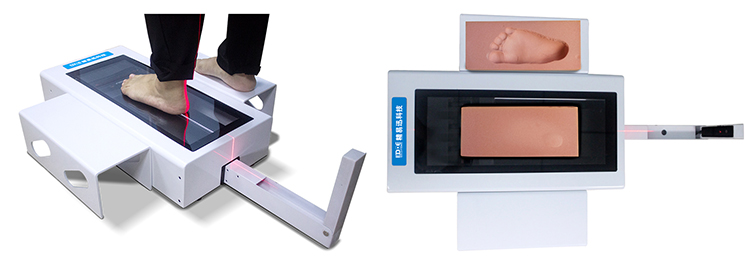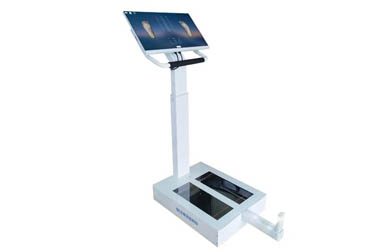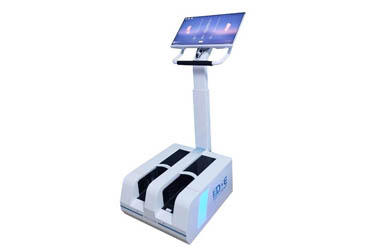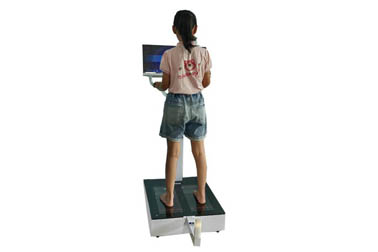The feet, often referred to as the "foundation" of the human body, bear the responsibility of supporting the entire body weight, maintaining balance, and facilitating movement. During adolescence, the feet are in a rapid development stage, and their health directly affects gait, posture, and even has a cascading impact on the spine, hip joints, and knees.
Foot abnormalities such as flat feet, high arches, and pronation or supination not only cause localized pain but can also lead to complex issues like scoliosis and pelvic tilt over time. These problems negatively affect adolescents' athletic abilities, psychological well-being, and social behavior.
School Health Checkups: The Opportunity for Foot Screening
Schools, as crucial environments for adolescent growth, should take responsibility for foot health screening. Incorporating foot screenings into routine health checkups can help detect potential foot problems early. The screening typically includes:
Foot Shape Observation: Checking for abnormalities such as flat feet or high arches.
Gait Analysis: Observing the foot strike pattern during walking to identify pronation, supination, or abnormal gait.
Arch Measurement: Using simple tests like the wet footprint method to assess the shape and elasticity of the arch.
The screening process should encourage parental involvement to facilitate good communication between home and school, jointly focusing on the child's foot health.
Early Intervention: Nurturing Every Step of Growth
If foot problems are detected during screening, early intervention is crucial. For minor abnormalities like mild flat feet, improvements can be made through the use of custom orthotic insoles, foot strengthening exercises, and appropriate physical therapy.
For more severe conditions, such as structural foot deformities, professional medical assistance should be sought promptly, which may include the use of orthotics or surgical intervention.
Education and Prevention: Cultivating Good Habits
In addition to medical interventions, educating adolescents about good foot care habits is key to preventing foot problems. Schools and parents should work together to teach children to:
Choose properly sized and supportive shoes.
Regularly perform foot stretching and strengthening exercises.
Avoid prolonged standing or wearing high heels.
Maintain a healthy weight to prevent excessive pressure on the feet.
By taking these steps, we can ensure the healthy development of adolescents' feet and their overall well-being.

 +86-0755-86131192
+86-0755-86131192 2024-07-19
2024-07-19 Back to list
Back to list








 +86-0755-86131192
+86-0755-86131192